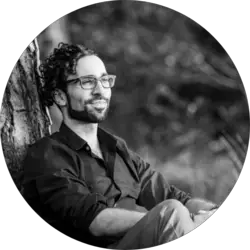![How To Deal With Sensory Overload [9 Tips For Overstimulation]](https://happyrubin.com/wp-content/uploads/2019/12/ik-ben-overprikkeld-150x150.jpg)
Why You Have To Make Mistakes In Life [Quotes & Wisdom]
![Why You Have To Make Mistakes In Life [Quotes & Wisdom]](https://happyrubin.com/wp-content/uploads/2019/03/mistakes-make-you-grow-1050x640.jpg)
How do you deal with making mistakes? Here you will find all the wisdom and quotes about making mistakes and learning from mistakes. If you want a fulfilled life, you have to make mistakes and gain learning experiences. Making mistakes is human, but it takes courage. This is especially important in relationships, education and work. Read along…
Contents of this page:
Making mistakes is human: it is allowed!
You can make mistakes. The famous saying goes: Everyone makes mistakes. Even failure at work is part of that, including making serious mistakes and major blunders.
Why is it like that? Why are you allowed to make mistakes and why should you even? Let’s find out in the following sections …
We learn from mistakes

Life teaches us important lessons through our mistakes. If you make a mistake, ask yourself what you could learn from it. Accept these lessons with humility and gratitude. That way you grow much more.
Anything you want to do well is worth doing bad first.
If something upsets you, be happy about it. What is the lesson I can learn from this, what do I want to learn from me? Embrace the inevitable process of growing and becoming wiser.
If you lose, don’t lose the lesson.
– Dalai Lama
So ‘failure’ is important. Every result is an experience you can refer to, and thus gives you valuable information for the next time. This is the definition of learning.
A trip could prevent a fall.
– Thomas Fuller
Just don’t make the same mistake twice. Fortunately, that won’t happen either: your subconscious is a fantastic student!
There are two kinds of people when there is something to be learned. Type 1 studies the typewriter first and type 2 immediately starts tapping the keys. Type 1 prefers to learn the grammar of a foreign language first, while type 2 learns the language on the street, even communicating with hands and feet in the meantime if necessary. Type 2 often learns faster than type 1 and that is because type 2 is not afraid to make mistakes.
One of the NLP principles is: There is no right or wrong. There are only effective and less effective / functional ways to achieve a certain goal or intention. There is therefore no reason to hold on to old feelings of guilt as long as you learn the lessons from them. When you were 23 and made that one mistake, you didn’t know any better. Now you know better! You were young, inexperienced and ignorant compared to now.
As humanity, we have only just started to look into the history of the earth. If the Earth existed for a year, we would only exist for the last 30 seconds of it. A baby knocks over a vase. Do you punish it and say she can never be forgiven?
– Neale Donald Walsch
In fact, making mistakes is necessary … in order to grow

With every mistake you take a big step forward. The well-known saying goes: You can learn from mistakes . But why do you have to make mistakes?
If you can do it, you shouldn’t. If you can’t do it yet, you should do it. Otherwise you will learn nothing.
– John Grinder
Making mistakes is good for your brain because the brain can learn lessons from mistakes very well. Mistakes are also essential to establish deep relationships and to excel in the workplace and in education.
Sometimes you learn more from your mistakes than from your masterpieces.
– Bob Ross
Sometimes you have to go through things, not around them. It’s about what you learned from them. In short: mistakes make you successful in life , even – or precisely – if it happens in your new job, for example.
Make mistakes. Paradoxically, you will make fewer mistakes if you have made many mistakes.
When you do weight training, you create micro tears in your muscles: this is catabolic. Why do we do that? So that we can become anabolic. Catabolic is the down process, anabolic is the up process. You have to tear down to build. And that’s not just how our muscles work: this is true of everything in life.
Every wound is a womb.
– Robert Bligh
This is also the principle of non-duality. If you don’t fall, you don’t know what it’s like to get up.
If everything can teach you something, when are you not a student?
Making mistakes is synonymous with learning!
The principle of yin and yang teaches us that making mistakes is synonymous with learning. If we continue with the principle of breakdown (catabolic) and construction (anabolic), we arrive at non-duality : the down process = the up process. Failure = succeed.
Remember that growth always feels like being broken at the beginning. Break through the ceiling!
This is true everywhere in life: yin-yang, day-night, fall-spring. Even The Hero’s Journey – the storyline of every Disney film – is a good example of this. Life is not a linear process.
You’re in a cocoon and you bust yourself out. If you are not uncomfortable, you will not learn anything new. Break down, build up.
If someone is better than you at a particular skill, they have probably failed more than you. If someone is not as good as you, they probably shouldn’t have gone through the painful learning experiences as much as you are.
You have failed successfully!
Making mistakes is the # 1 way kids learn
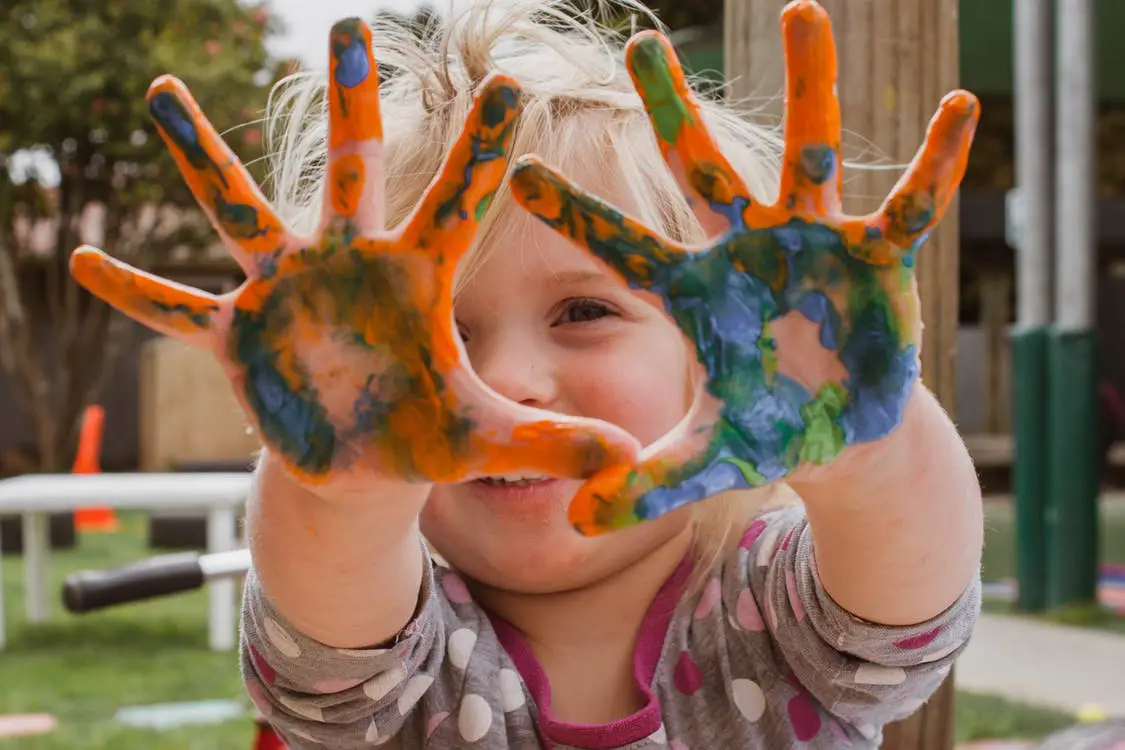
We could learn this principle from children: not to be ashamed of making mistakes. To get up and test it again. Most adults are so afraid, cautious and safe, making them cringe and therefore just go fail. Most adults have attached themselves to this.
If you are afraid of failure, you have already failed without doing anything at all.
Make as many mistakes as possible early in life and enjoy. If you don’t make mistakes, the challenges you’re working on aren’t challenging enough. And that is a big mistake. It is important that there is action and that you do and learn.
Every miss brings you closer to the bullseye.
Provide feedback on ‘failure’ at the behavioral level
In this article about the positive upbringing of children , the model of the logical levels is also discussed. This model shows us that we must separate our behavior from our identity. Therefore give feedback on a behavioral level and not on an identity level.
Failure is an event, not a person.
– Zig Ziglar
So Catherine Aird’s following statement is not really optimal, no matter how well-intentioned it is. With a few small adjustments we can make the pronunciation perfect …
Less than optimal, because the feedback is at the identity level:
If you can not be a good example, then I can at least have a terrible warning.
Catherine Aird, British novelist
Improved:
If you can’t be a good example, at least your act serves as a terrible warning.
So go right for the mistake!
In fact, try to mess it up! And then you notice that you are not even going to succeed (to screw it up), but at least you have done the deed. Be disappointed if you haven’t failed in a particular week. Congratulate yourself if you have failed.
Go for the mistake! You only get it right when you do it wrong!
If you do it and you do it badly, you are doing great because you can improve. If you do nothing, there is nothing to improve.
Ever tried. Ever failed. No matter. Try Again. Fail again. Fail better.
– Samuel Becket, Ierse schrijverThere is no such thing as success or failure. Only learning exists.
– NLP principle“Experience,” the name we give our mistakes.
– Oscar WildeFailure is impossible.
– Susan B. Anthony, 19th century advocate for women’s suffrage.Do you want me to give you a formula for success? It’s really quite simple. Double your number of mistakes.
– Thomas J. Watson, CEO of IBM.
Learning from your mistakes is an excellent way to process emotions such as guilt
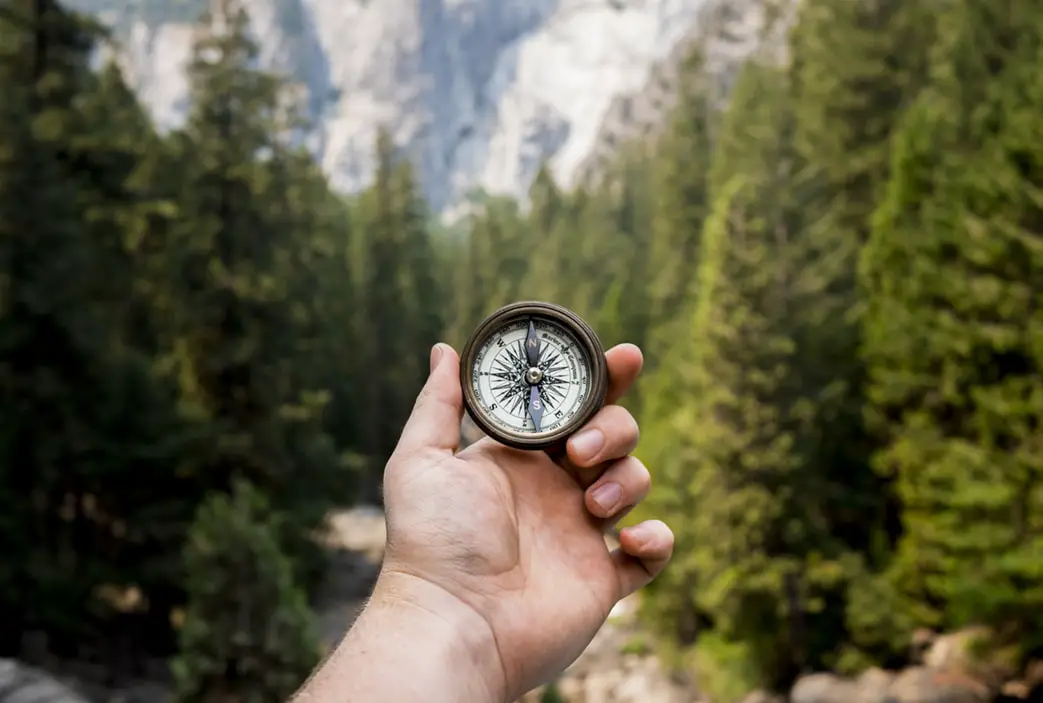
One of the many strengths of this NLP principle is that it also allows you to process feelings of guilt . You can be grateful for the mistakes you make, so you don’t have to feel guilty for your mistakes.
Mistakes are the best teachers.
The Timeline Therapy technique uses this phenomenon to process old emotions.
Many things cause pain, which brings joy when you consider their benefits.
– Baltasar Gracián, 17th century Spanish writer
Do you have trouble making mistakes? Making mistakes takes courage
Making mistakes is … and it takes courage. You have to cross some sort of threshold to be in the middle of the arena.
The best you can do is do the right thing. The next best thing to do is the wrong thing. The worst thing to do is to do nothing.
– Theodore Roosevelt
Fortunately, the following articles will help you show courage:
- Vulnerability: All Brene Brown’s Imperfection Tips [Summary]
- Discipline Teaching: 19 Proven Tips & Theories [Willpower]
- Increase self-confidence? 52 super tips to use now (List!)
- Rejection Date / Love: How To Respond, Deal With It & Accept?
- Showing Courage: How Can You Be Courageous? Explanation & Tips
If it’s wrong, it’s right.
Good luck!
To conclude with a final reminder: You can do whatever the hell you want. Go out into the world and fuck it up beautifully.
To your success!
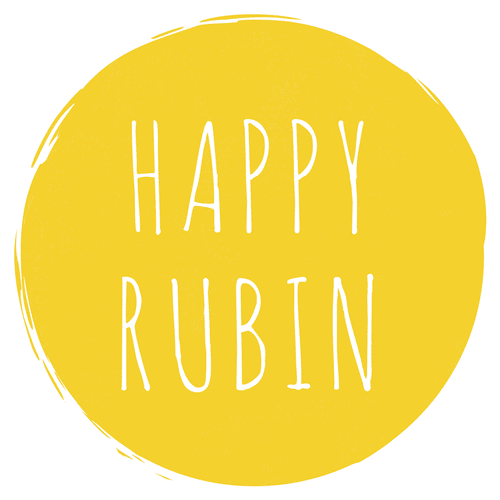
![5 Best Self Care Tips For College Students [#1 Advice]](https://happyrubin.com/wp-content/uploads/2021/09/the-best-self-care-tips-for-college-students-440x264.jpg)
![How To Stick To New Year’s Resolutions: 9 Tips [Smart & Sure Ways]](https://happyrubin.com/wp-content/uploads/2019/12/tips-voor-goede-voornemens-440x264.jpg)
![How To Stop Being So Hard On Yourself [9 Great Tips]](https://happyrubin.com/wp-content/uploads/2019/12/we-moeten-zoveel-van-onszelf-en-anderen-150x150.jpg)

![19 Best Ice Breaker & Get-To-Know-Eachother Games [Fun & Simple]](https://happyrubin.com/wp-content/uploads/2018/02/leukste-ijsbrekers.jpeg)
![Becoming More Social: 41 Tips [Improving Social Skills] [List]](https://happyrubin.com/wp-content/uploads/2018/06/sociale-vaardigheden1.jpeg)
![How to start a conversation with anyone: 15 tips [Making contact]](https://happyrubin.com/wp-content/uploads/2017/08/gesprekstechnieken1.jpeg)
![372 Friend Tag Q&A Questions [Best Friend Quiz]](https://happyrubin.com/wp-content/uploads/2019/05/best-friend-tag-vragen-voorbeelden.jpg)



![Clingy & controlling behavior of partner/date [Extreme examples]](https://happyrubin.com/wp-content/uploads/2020/06/claimerig-gedrag-van-partner-eigenschappen-en-voorbeelden-150x150.jpg)

![How to recognize if a man is in love [Signals & his body language]](https://happyrubin.com/wp-content/uploads/2020/05/verliefd-gedrag-van-mannen-herkennen-150x150.jpg)


![Free will and religion / theology [Verses & Quotes on free will]](https://happyrubin.com/wp-content/uploads/2020/10/religion-on-free-will-quotes-1050x640-1-150x150.jpg)
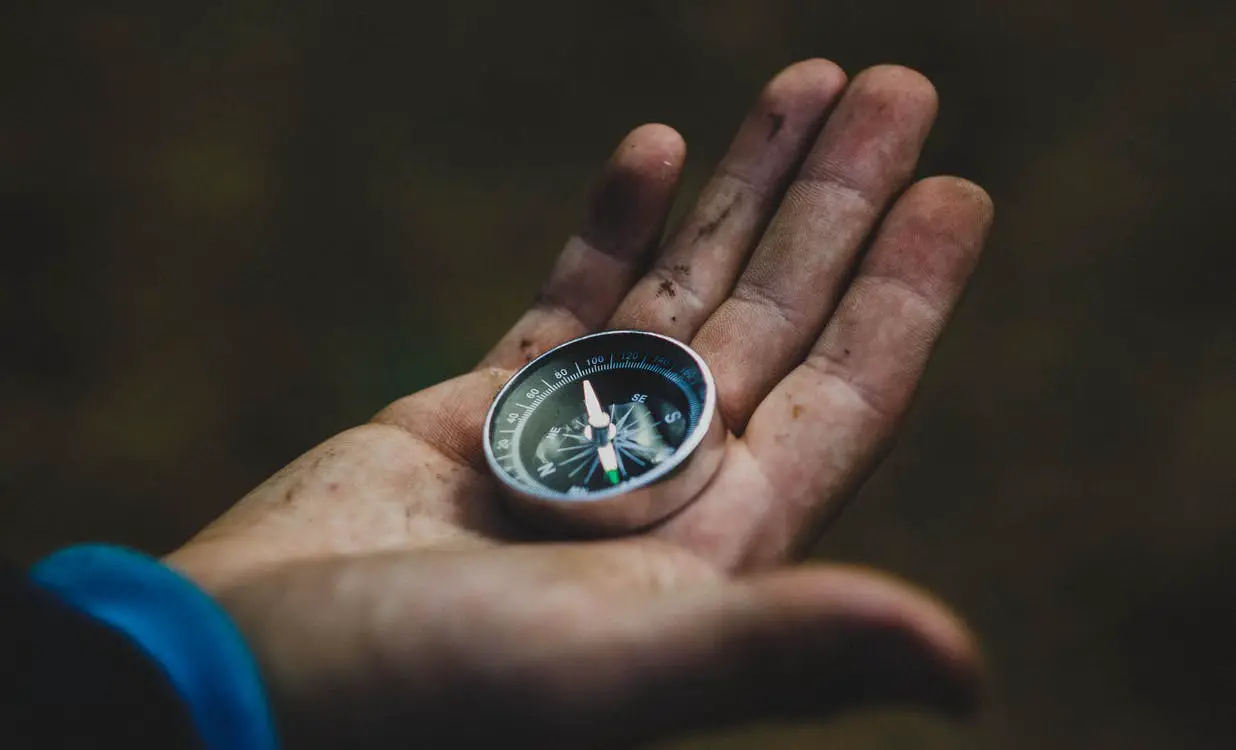
![Dealing With Setbacks & Hardship [Lessons & Examples]](https://happyrubin.com/wp-content/uploads/2018/11/omgaan-met-tegenslag-tips-hoe-dan.jpeg)
![NLP Agreement Frame: Use these exact sentences [Examples]](https://happyrubin.com/wp-content/uploads/2020/10/agreement-frame-nlp-1125x640-1-440x264.jpeg)
![122 Best Comebacks In Any Situation [Best Examples]](https://happyrubin.com/wp-content/uploads/2020/06/beste-comebacks-technieken-tips-440x264.jpg)
![Using Hypnosis to Stop Smoking [HowTo]](https://happyrubin.com/wp-content/uploads/2020/05/stoppen-met-roken-door-hypnose-150x150.jpg)
![Presuppositions language pattern: meaning & examples [NLP]](https://happyrubin.com/wp-content/uploads/2020/04/wat-zijn-vooronderstellingen-150x150.jpg)
![Peripheral Vision: Meaning & Exercise [Essential Skill]](https://happyrubin.com/wp-content/uploads/2020/04/perifeer-zicht-trainen-tips-150x150.jpg)
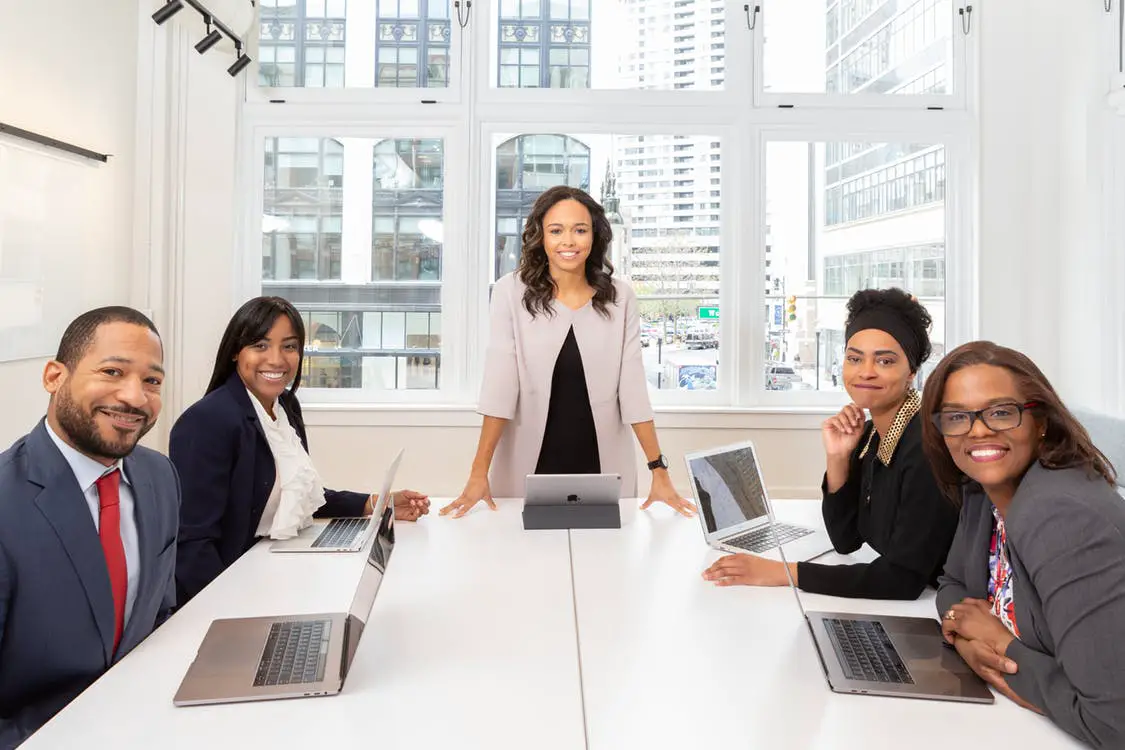
![How To Start A Coaching Business [21 Smart Tips]](https://happyrubin.com/wp-content/uploads/2018/11/coachingpraktijk-starten-tips.jpeg)
![How to make dreams come true? [33 tips to realize dreams 100%]](https://happyrubin.com/wp-content/uploads/2018/05/dromen-mijlpalen.jpeg)
![How To Become Rich? 27 Millionaire Tips [Guaranteed To Work]](https://happyrubin.com/wp-content/uploads/2018/01/hoe-kan-ik-rijk-worden.jpeg)
![77 Best Online Marketing Tools [Recommendations] [Also Free]](https://happyrubin.com/wp-content/uploads/2018/08/beste-onlne-marketing-tools-tips.jpeg)
![Complete List Of Virtues & Qualities [Including Explanation]](https://happyrubin.com/wp-content/uploads/2018/12/kernkwaliteiten-uitleg.jpeg)
![Being Attentive: How Do You Do That? [Meaning & 9 Tips]](https://happyrubin.com/wp-content/uploads/2019/05/attent-zijn.jpg)
![Being Conscientious: Meaning Of This Virtue [Explained]](https://happyrubin.com/wp-content/uploads/2018/07/Consciëntieus-persoon.jpg)


![Best Books About Burn-Out [Top 10] [Update 2025]](https://happyrubin.com/wp-content/uploads/2020/06/beste-boeken-over-burnout-lijst-440x264.jpg)
![Best Self-love Books [Top 10] [Update 2025]](https://happyrubin.com/wp-content/uploads/2020/04/beste-boeken-over-zelfliefde-aanraders-440x264.jpg)
![Life changing books: 10 books that change your life [2025 Update]](https://happyrubin.com/wp-content/uploads/2020/03/levensveranderende-boeken-tips-150x150.jpg)
![Top 10 Best Books: Recommendations Per Genre [2025 Update]](https://happyrubin.com/wp-content/uploads/2019/12/best-books-per-genre-150x150.png)
![Best Books On procrastination: Must Reads [List] [2025 Update]](https://happyrubin.com/wp-content/uploads/2019/11/beste-boeken-over-uitstelgedrag-tips-150x150.jpg)
![Joe Dispenza: Events To Attend [2025 & 2026] [All Info]](https://happyrubin.com/wp-content/uploads/2020/02/joe-dispenxa-events-440x264.png)
![Best Online Study Options [Online Education Top List]](https://happyrubin.com/wp-content/uploads/2019/03/best-home-study-options-440x264.png)
![Teachable Review & Experiences 2025 [Bad Online Training Tool?]](https://happyrubin.com/wp-content/uploads/2020/02/Teachable-review-ervaringen-150x150.png)
![Audible Review, Experiences & Special Discount [Scam?]](https://happyrubin.com/wp-content/uploads/2020/01/audible-review-ervaringen-150x150.png)
![Guest Posts Wanted [Free & Always Directly Accepted]](https://happyrubin.com/wp-content/uploads/2019/05/gastbloggen-regels.jpg)
